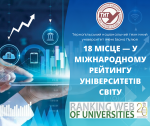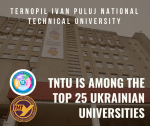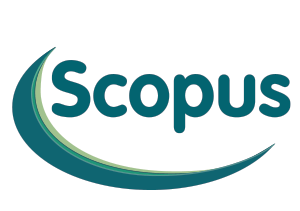
On September 19, 2017, in the Ministry of Education and Science of Ukraine, an order No. 1286 «On granting access to higher educational institutions and scientific institutions in the sphere of management of the Ministry of Education and science of Ukraine to electronic scientific bases» was approved.
Ternopil Ivan Puluj National Technical University entered the list of higher educational establishments and scientific institutions in the management of the Ministry of Education and Science of Ukraine, which has access to electronic scientific databases. The University has got the access to the international electronic scientific database Scopus under the state budget.
Scopus is a bibliographic database containing abstracts and citations for academic journal articles. It covers nearly 22,000 titles from over 5,000 publishers, of which 20,000 are peer-reviewed journals in the scientific, technical, medical, and social sciences (including arts and humanities). It is owned by Elsevier and is available online by subscription. Searches in Scopus also incorporate searches of patent databases
Over the past 3 years, Scopus has added over 195 million more cited references dating back to 1970, to complement the database’s existing records that date back 1788 and further increase the depth of content. More cited references mean:
- more extensive bibliometric and historic trend analysis
- more complete author profiles
- improved h-index measures for authors who began publishing prior to 1996
Additionally, over 4.5 million articles have been reprocessed to index more cited references on Scopus, adding ~7.5 million pre-1996 article abstracts for users to discover. With over 1.4 billion cited references now on Scopus, each paper indexed has, on average, 10-15% more citations than our nearest competitor.
Content included on Scopus is carefully curated and ultimately selected by the independent Scopus Content Selection and Advisory Board (CSAB), an international group of scientists, researchers and librarians who represent the major scientific disciplines. Year round, the board members are responsible for reviewing all new titles that are suggested to Scopus, in addition to reviewing and ensuring the quality of existing content is maintained.
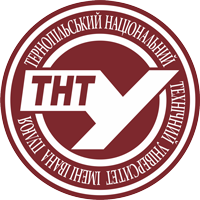
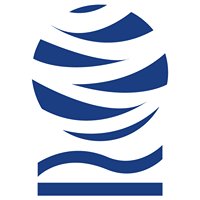 Member of European University Association
Member of European University Association


